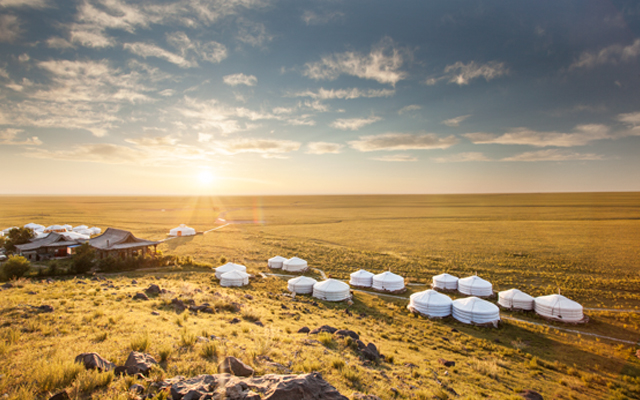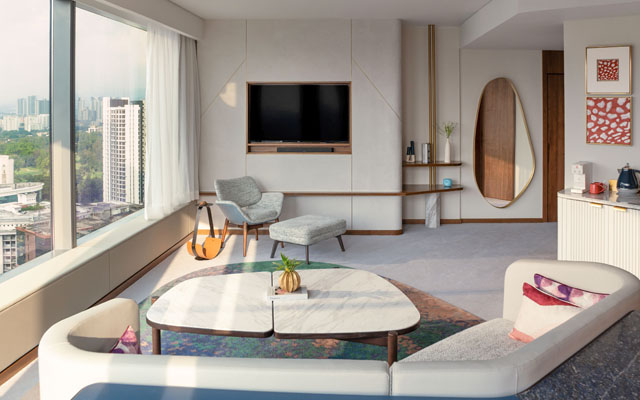Demand for independent hotels that offer creative guest experiences is on the rise, as well-travelled individuals turn away from accommodation that feels generic and indistinguishable.
Sharing his observations with TTG Asia, Philipp Weghmann, chief development officer of Preferred Travel Group (PTG), said: “Demand for independent luxury accommodation is more pronounced than ever because people are always after unique hotels and experiences.”

He noted findings from the Luxury Travel Report, published in May 2025 by Preferred Hotels & Resorts in partnership with The Harris Poll, that identifies travellers’ dislike for “sameness in design, service, and experience”.
Seventy per cent of surveyed luxury travellers find that modern luxury hotels have lost their soul to standardisation.
The report describes the rise of “dupe culture and algorithm-driven itineraries” that has led cities and stays to “feel indistinguishable” as the “beige-ification of travel”.
Today’s affluent traveller, according to the report, craves the unrepeatable: places that excite, environments that surprise, and experiences rooted in individuality. Nearly three-quarters of respondents say they will not pay for luxury accommodation that feels generic.
“Consumers, especially the high end consumers, do not like the ‘beige-ification’ of travel,” said Weghmann, adding that independent hotels are able to avoid predictable experiences since they have the flexibility to “deliver unique experiences that are not tied to signature programming that comes with being part of a global hardware”.
Creative guest experiences, he noted, could be delivered through architecture and design, culinary, and wellness.
In the Luxury Travel Report, 89 per cent of respondents express interest in seeing local charm reflected in hotels.
While independent hotels have the advantage of creative expression, they may lack access to global distribution. Weghmann said a membership with Preferred Hotels & Resorts would pave the way for independent hotels to “tap into a global infrastructure that has offices with salespeople in over 20 locations all over the world” as well as benefit from “co-op marketing”.
Preferred Hotels & Resorts now has more than 600 distinctive hotels, resorts, residences, and unique hotel groups across 80 countries – and Weghmann’s team has an appetite for more.
“Asia is one of our greatest markets of opportunity,” he said, adding that PTG would like to add more member hotels in secondary destinations across the Asia-Pacific.
He also recognised the rise of interesting destinations in countries such as Thailand, Vietnam, and Indonesia.
When asked if travel and tourism companies like his could help distribute tourist footfalls away from over-crowded popular cities, Weghmann said PTG has already been working to make travel a vehicle for good.
He explained: “First of all, we’re not only in the primary cities. We have hotels in secondary destinations, which creates visibility for hotels and their destinations. Our iPrefer Hotel Rewards loyalty programme members are very seasoned travellers who want to discover new places. Our loyalty programme and hotel network work together to take our customers deeper into countries.
“Second, Preferred Travel Group’s Beyond Green collection features many properties that sit in remote locations. We have Three Camel Lodge in Mongolia and andBeyond Punakha River Lodge in Bhutan, for example. Both destinations are beautiful and untouched by overtourism. Having properties in these destinations allows us to promote inbound tourism, create employment opportunities for the locals, and make tourism a real force for good.”
Finally, through PTG Consulting, the company offers a division that works on behalf of destinations to promote tourism in a sensible and responsible way.











